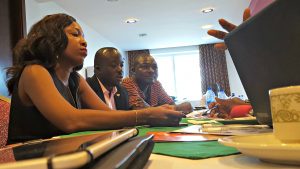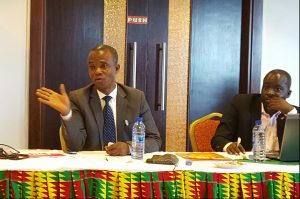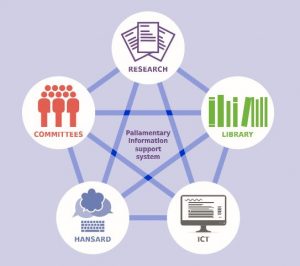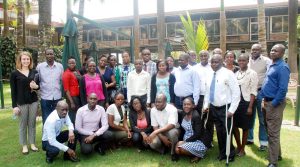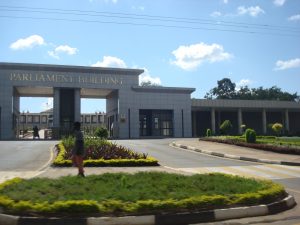Supporting parliaments in a post-truth world
Recently, INASP held a webinar to explore how peer learning can support evidence use in parliament. This webinar was hosted in collaboration with African Center for Parliamentary Affairs (ACEPA) and AGORA as part of the extension of our parliamentary peer learning project supported by a SPARKS grant from the Effective Institutions Platform. Our partner parliaments in Kenya, Uganda and Ghana shared their experience of how staff and Members of Parliament (MPs) can work together to drive an evidence-informed approach within parliament. Here, we discuss how peer learning can strengthen evidence use in parliaments, sharing some of the insights gained during the webinar discussions.

